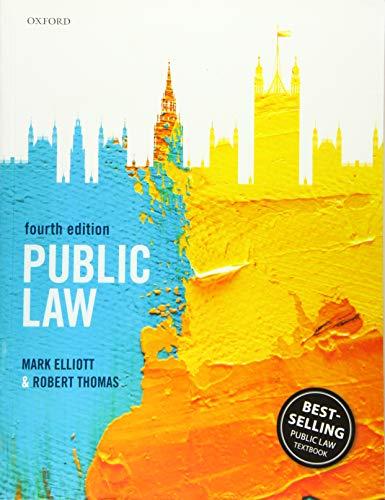Question
For decades, Americans have been saving less and less of their incomes and spending more and more. The pandemic revealed Americans' lack of savings has
For decades, Americans have been saving less and less of their incomes and spending more and more. The pandemic revealed Americans' lack of savings has negative consequences for their ability to meet unforeseen reductions in income. The poor are especially likely to lack savings. In a 2015 survey, 77% of respondents with annual incomes below $30,000 lacked sufficient savings for a $500 emergency expense, as compared to 46% of those with incomes above $75,000.
Many Americans who do not save their money lack financial products that facilitate savings, such as traditional checking and savings accounts. However, attracting and maintaining customers who previously did not have savings accounts is a significant challenge for financial institutions. Meanwhile, many younger Americans are drawn to risky investments in cryptocurrency, volatile "meme" stocks, and stock options. Experimental research suggests the exciting potential for upside gains might encourage people to open savings accounts.
One proposed method is a modification of the savings account concept called "prize-linked savings" (PLS). Conventional savings accounts pay a flat rate of interest, but PLS accounts disperse some of the interest earned as cash prizes to accountholders selected by a random lottery. Winning probabilities are in proportion to account balances, so individuals who save more have a higher chance of winning. Such accounts have proven popular in places worldwide where gambling and monetary risk-taking is restricted. PLS accounts also have a successful track record at increasing savings among low-income households.
PrizeBank, a bank, wants to offer PLS accounts as its major savings product in the United States. There is a problem: Prized-linked savings are not legal in the US under existing regulation, except when offered by credit unions. Spread throughout local communities, credit unions are member-owned financial institutions, in contrast to banks, which are owned by their shareholders. In 2009, eight credit unions in Michigan introduced a PLS pilot program called "Save to Win," awarding prizes up to $100,000. They attracted 11,000 accounts in the first year.
If PrizeBank is to offer PLS accounts, either Congress must pass a law to overturn the existing regulation barring banks from offering these accounts, or the Federal Reserve must issue a new regulation to allow banks to do so. Other banks could also offer PLS accounts. However, existing bank customers are unlikely to prefer PLS to standard savings accounts, and large banks may not be interested in offering new products to attract low-balance savings accountholders.
Some religious organizations and gambling addiction groups oppose PLS accounts. They claim these accounts encourage risk-taking and prey on the vulnerable, rather than offering a guaranteed interest rate. Because of lack of savings, 28% of Americans have resorted to utilizing costly services like payday lenders, pawnshops, and similar alternative financial institutions. PLS accounts may result in these Americans increasing their savings and reduce the need for these services. These businesses have a negative perception among the American public.
Question 5
Which interest has the greatest coverage? Will that coverage make this interest effective on the issue? Why? Suppose that PLS accounts were effective at attracting existing customers from large banks. How would this affect the substitutes to nonmarket action of those banks? Would that increase or decrease their likelihood of nonmarket action? Why? Suppose PrizeBank wanted to offer PLS accounts in a country with lower per capita income than the United States. Considering Rivera's logic, would the government there be more or less likely to support the introduction of PLS than the US government?
Step by Step Solution
There are 3 Steps involved in it
Step: 1

Get Instant Access to Expert-Tailored Solutions
See step-by-step solutions with expert insights and AI powered tools for academic success
Step: 2

Step: 3

Ace Your Homework with AI
Get the answers you need in no time with our AI-driven, step-by-step assistance
Get Started


